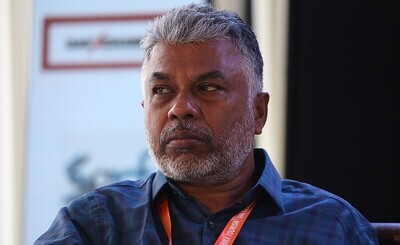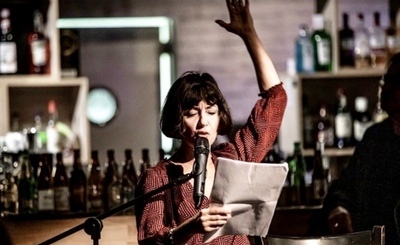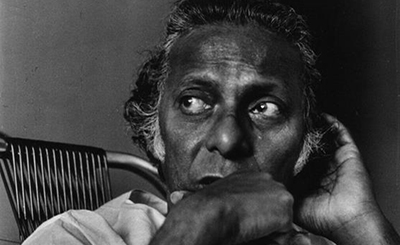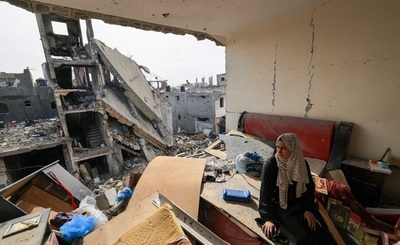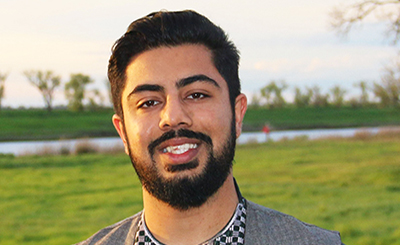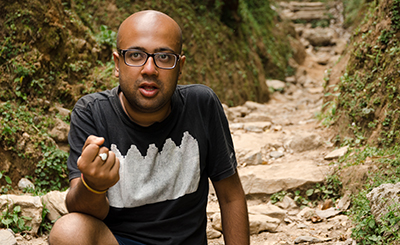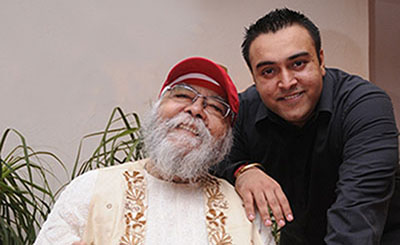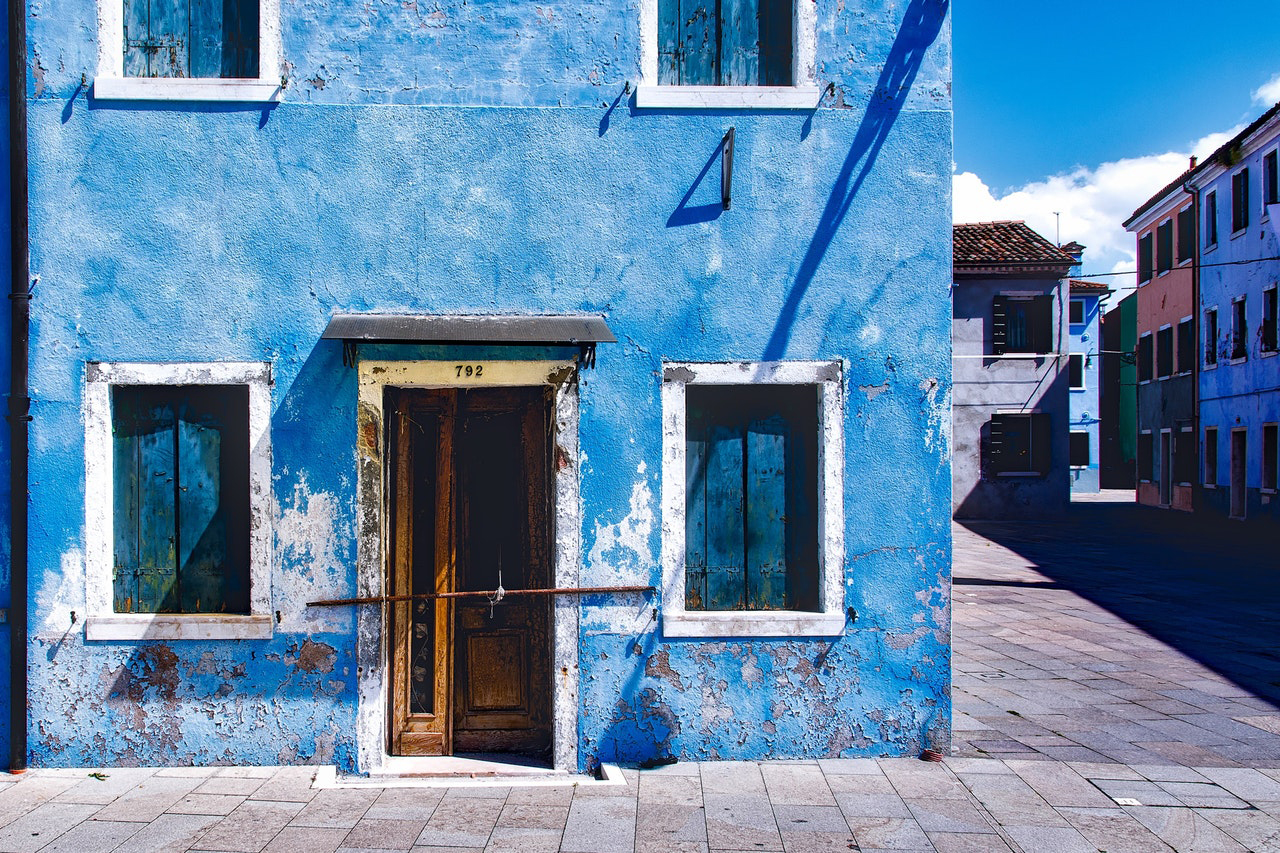
I Discovered Deathlessness
i discovered deathlessness in a white house
which had clasped blue windows to its chest
they never spoke, the windows
always gaped at the skies where it never rained
prayers or curses, all the same.
sometimes when the sun would come through
the white wall of that white, white house
i would watch it fall and split and spread on the floor, unconscious,
and think of time that once leapt out of the watch
of a young boy killed, his bone
which had clasped to its chest
the blue watch like the blue windows
and the wailing father discovered that time
too splits and spreads and continues to scuttle
along its own irreedemable edges, the father
only the dead boy and the dead watch
like the water so thirsty that it folds and forms over itself
to become a wave and then falls flat on its face, injured.
waking up, when light was only two black roads
and seven circles of orange crossed by yellow,
i would rub my eyes and see
a lady drying her hennah which like the thirsty water wave never dried, only her heart
shrivelled, like a raisin, waiting.
and wasting
would walk another man, pacing regularly, restlessly the rooms
where the wound was always being born, the midwife neatly cutting the umbilical cord between
meaning and memory.
meaning and memory.
death did not exist in the white house with blue windows
only some waves which were brought to the shore
only to recede and perform salt gargles
for an illness that persisted, like hearts of boats persist
in the dying, defeaning sea.
you see, deathlessness is not immortality —
that curse is for the gods, for us only the hungry eyes
that prey upon the thinning air —
it is becoming the hennah on her hands, the watch on his hands
and waiting for the midwife to emerge from the left room on the top
to neatly cut the umbilical cord between meaning and memory.
For Insha Muzafar
We have built walls on water —
a failed architecture of memory.
The almond tree is keening over the windows
as they lay their weary heads in our laps, and tell us of
those whose funerals stitched the streets, and waiting for whom
the rivers created landmarks of absences—abscesses that refuse to burst.
The doors wait like sugar at the bottom of tea cups,
and the doors wilt to become the moon: half-bitten,
because the village maectz has now abandoned stones
and grinds between her teeth the night instead.
We have built walls on water —
a pursuit of phantoms that were once us.
Mirrors, where our fingers bled, begged to shape us after ourselves,
Mirrors, where beginnings can be traced and no ends are to be found.
Why is it that mirrors break into pieces
into pieces
pieces unto pieces…
and yet one can retrieve only one face.
Where do we find the faces of those who promised to return?
Familiarity is now the dark sky
and a patch of cloud that holds it together after the lonely sparrow has sliced it into two.
The wound rises like smoke in our eyes, and becomes:
a wave, preparing to chronicle the demise of the shore;
a word, perfecting itself after the silence of the boats;
a willow, weeping the beloved into existence.
We have become walls on water —
a promise hammered by nails.
Our faces are an idea written in reflection,
and our secret has been revealed in blood.
Come, draw near.
It is time to mourn
for we stand at the dusk of our screams rimmed by the horizon,
and we — a world arranged in the shape of a word—stain the light.
We cannot retrieve our homes, our phantoms, our memories,
and must be like the bashful oar, striking at the chest of motionless water.
For The Beloved Witness
when i think of your promise
of meeting me at the end of the world
blood curdles in my mouth
and my tongue keeps going back
to your memory like your tongue
kept going back to your missing tooth.
as i would watch your face and watch
your moles collapse into a constellation
i would think of the prophecy the missing (tooth) carried.
it always reminded me of the first time we met:
under the rustling leaves of the mulberry tree, there
where darkness would copulate noisily
and abandon her children in your mouth
and i would pull your children and rinse their bodies with the morning light.
you would laugh and watch me as i
scrubbed with sun their dark bodies.
“if there is a God, he is under a stone grinding the night.”
as i would watch your face and watch
your lips part into a smile
i would think of the prophecy the missing (tooth) carried.
it is what remains of the last time we met:
over the blue horse of my dreams
our children had dried up in the summer
like raisins and in your country children
had become the leaves of our first meeting
rolling and lurching, seeking their childhood.
martyr after martyr, the children fell like mulberries
and coloured your missing tooth and my nights with their blood.
it is their blood in my mouth that curdles
and you say that it is not the end of the world yet.
More from The Byword
Comments
*Comments will be moderated
Moving poetry, hints of isolation and politics both.
Meena Kamdar
Jan 4, 2020 at 14:42




